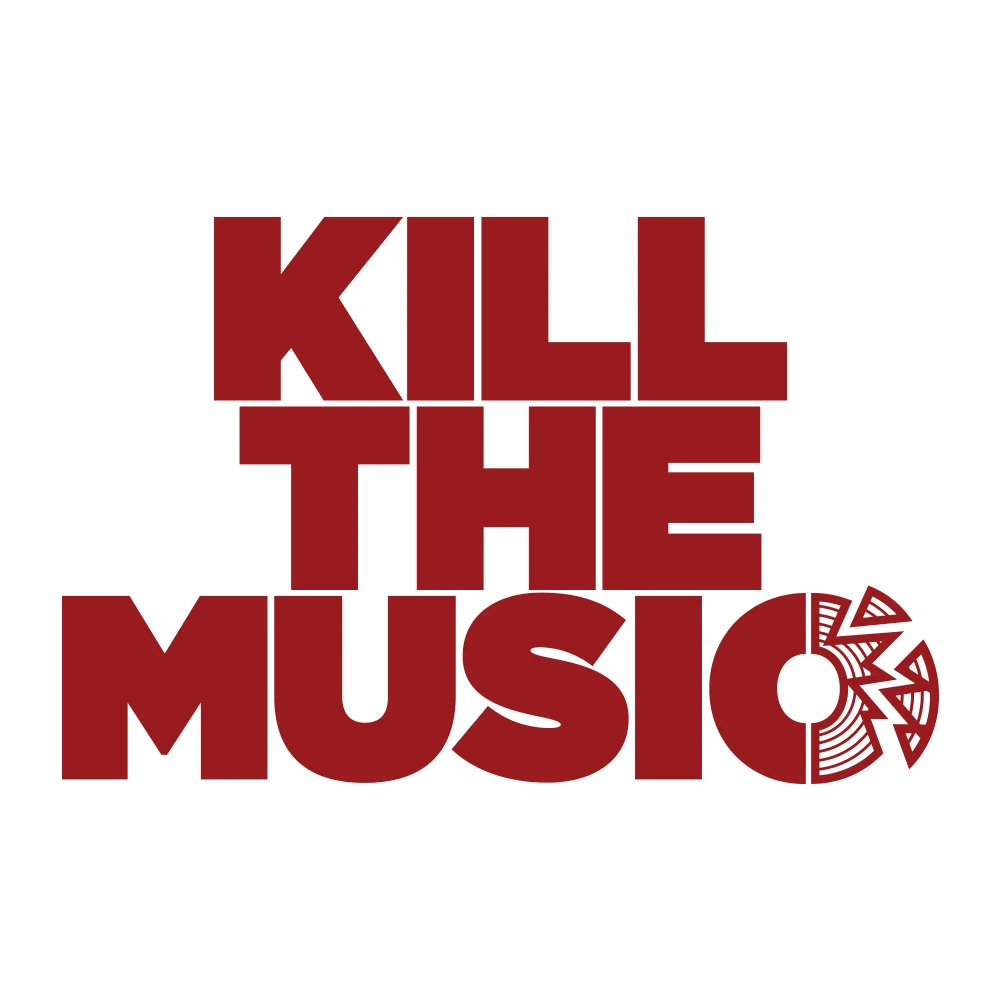You have undoubtedly heard about Taylor Swift’s open letter to Apple Music, and how she proclaimed that it would be unfair for Apple to benefit from giving prospective subscribers to their new streaming music service a three month free trial without paying recording artists for supplying Apple with three months of product and publicity.
Shortly thereafter, news outlets picked up the story about photographer Jason Sheldon's open response to Taylor Swift’s rant against Apple, where he suggests that it's hypocritical to take this stance when press photographers are forced to sign the rights to their work over to Taylor Swift and Firefly Entertainment, Inc. (a.k.a. FEI, her management company) for no compensation, merely the "privilege" of being allowed to do their job.
In short, the photo release press photographers are forced to sign provides Taylor Swift and FEI with "perpetual worldwide right to use - and authorize others to use - the photographer's work for any non-commercial purpose (in all media and formats), including but not limited to publicity and promotion" (quoted from the actual contract).
Besides the fact that this is exactly what Taylor Swift was protesting against Apple doing to recording artists (for a mere three months, not perpetually), there's the fact that publicity and promotion both legally constitute commercial use, for which photographers are entitled to be paid a licensing fee.
To be fair, this is not something that Taylor Swift recently invented. Photographers have been faced with contracts like these (commonly referred to as "rights grabs") for years, and they're usually required to photograph the recording artists most able to afford a nominal licensing fee in exchange for making commercial use of a photographer's work.
If you’re interested, the Music Photographers Facebook page has seemingly countless examples of rights-limiting and rights-grabbing photo releases in their archives.
Though it got considerably less press coverage, photographer Jared Polin recently faced off against Live Nation (owner of concert venues nationwide as well as Ticketmaster.com), described on their website as "the world’s leading live entertainment and eCommerce company." Jared posted a response on Youtube when an email from Live Nation’s Nashville office was made public soliciting for an unpaid house photographer for the Ascend Amphitheater. Photographers would not only have to sign all the rights to their work over to Live Nation without compensation, but would also have to shoot every show on their calendar or be held responsible for finding a suitable (and also free) replacement.
After directly Tweeting Live Nation CEO Michael Rapino with the hashtag #RespectPhotographers, Jared was contacted by Live Nation and is currently working with them to establish reasonable and respectable terms for a paid house photographer position at all Live Nation concert venues.
To be clear, not every recording artist requires that photographers transfer the rights to their work without compensation. This is typical of artists who no longer feel grateful for the publicity that helped get them where they are today.
Occasionally, recording artists aren’t even aware of the unfair and unreasonable terms their representatives are presenting in their name, and are offended when it’s brought to their attention.
Michael Franti recently posted this response to the Music Photographers Facebook page when it was brought to his attention that press photographers were forced to sign away their rights in order to photograph his show…
“To all music photographers below: This is Michael Franti in person. I share your shock and concern. I have never seen this release and was unaware it was sent out to any of you. It was sent out without my knowing or approval and I am grateful for you bringing it to my attention. For as long as we have been a band our photography policy has always been to allow all photographers to shoot as they wish and distribute the photo in whatever way they see fit, or have made mutually beneficial agreements for their use. In addition we have always allowed photographers access to "the pit" for our entire show, not just the first three songs as many artists do. I have always recognized the symbiosis of music photographers and musicians and also just dig seeing cool ass photos taken of any musician, so please continue to make amazing art and disregard the release that was sent out. Please accept my personal apology on this one. Rock on!”
Unfortunately, this is a rare response. More typically, photographers’ grievances are either met with disingenuous defenses from artists’ representatives or simply silence.
Recently, The Irish Times (Ireland's most popular non-tabloid daily newspaper), not only refused to have their photographer sign Taylor Swift's rights-grabbing contract, they also published an article explaining that this is the reason there are no concert photos accompanying their review of her show.
Most recently, the Washington City Paper published a story titled, "Why We’re Not Photographing the Foo Fighters."
Despite the general public’s perception of Dave Grohl as a "populist" recording artist, it's been well-known for years (among photographers) that the Foo Fighters are notorious for their rights-grabbing photo releases. Thankfully, we're starting to see pushback by not only photographers but also the media outlets they shoot for, some of whom have been known to merely replace a photographer who refused to sign away the rights to his work without credit or compensation.
With that, these are merely baby steps. There is much more progress to be made, and it will require the solidarity of both veteran and aspiring press photographers everywhere (and media outlets) to put an end to the music industry's systemic and mistaken belief that photographers aren’t entitled to the same rights to their work as recording artists.

